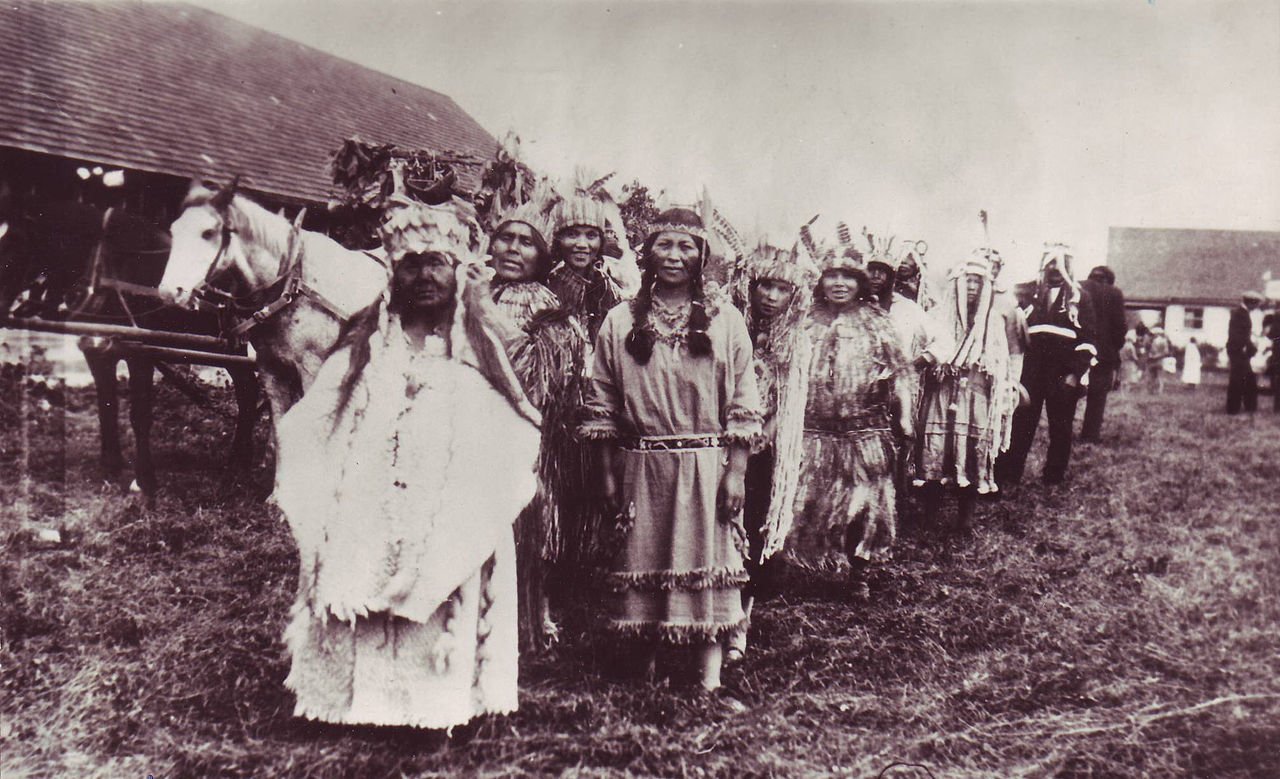
OTTAWA—Controversial changes to aboriginal education will be up for debate today in Halifax at the annual meeting of the Assembly of First Nations.
Chiefs from across Canada must decide what to do now that they’ve rejected the Conservative government’s bill to reform First Nations education.
The legislation deeply divided the aboriginal community and precipitated the abrupt departure of Shawn Atleo as national chief of the AFN.
Some saw it as a first step—with a substantial dollar amount attached—that could improve the lives of First Nations children.
Others viewed it as the government exerting too much control over aboriginal education.
Jaime Battiste, the AFN’s interim regional chief for Nova Scotia and Newfoundland, says many chiefs aren’t dead-set against the bill and are open to compromise.
“I heard a lot of chiefs saying that they don’t want to throw the baby out with the bath water, that there’s room for discussion,” he said in an interview.
“I think the chiefs are looking for a commitment on equitable funding from the government, and they’re willing to work with the government to ensure that they’re happy that their money will be spent in an accountable manner.
“However, I think that the chiefs aren’t willing to create a bureaucracy in Ottawa for our education. I think that each region, each nation, has their own people that they would rather have working on that than a bigger bureaucracy out of Ottawa.”
The Conservatives say their bill will remain on hold and no new money will be spent until the AFN gets behind the legislation.
Regional chiefs briefly showed their support for the education bill by attending an event in February with Prime Minister Stephen Harper and Atleo, but that support quickly evaporated.
Whether $1.9 billion tied to the original bill is gone, too, is another question.
A spokeswoman for Aboriginal Affairs Minister Bernard Valcourt would only repeat a talking point from earlier this year when asked if the money is still on the table.
“Our government is extremely disappointed that the Assembly of First Nations (AFN) did not honour its agreement with the government,” said an emailed statement attributed to Valcourt spokeswoman Andrea Richer.
“As we have said all along, this legislation will not proceed without the support of AFN, and we have been clear that we will not invest new money in an education system that does not serve the best interests of First Nations children; funding will only follow real education reforms.”
Chiefs from across Canada voted in May to reject the Conservative education reforms, and they demanded a new agreement with First Nations that provides transfer payments to aboriginal communities.
They also want the government to provide $1.9 billion tied to the original bill immediately, with a 4.5 per cent escalator until a new deal on education is reached.
Valcourt says too much time and effort has gone into the bill to start over again.
The minister says the bill meets the five conditions outlined by the AFN and chiefs during a meeting in December.
The legislation remains on hold as the government considers its options.
With files from Aly Thompson in Halifax